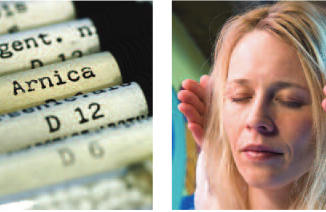The perspective of undergoing radiation therapy usually scares most breast cancer patients, but according to a new study most women treated with modern breast radiation therapy describe their experience as much better than they expected.

“The word radiation itself sounds frightening and is associated with many negative news stories, but the implications of this study are that, in actuality, radiation therapy for breast cancer is a much better treatment experience than perceived” said Susan McCloskey, of the Department of Radiation Oncology at the University of California Los Angeles, corresponding author of the paper just published on Cancer: “We hope these real-world data from the voices of past patients can give future patients a better understanding of modern breast radiation therapy when making treatment decisions.”
Despite significant advances that today allow clinicians to spare critical organs, create an individual radiation plan for each patient, and deliver radiation in more convenient schedules, oftern patients still have fears. McCloskey and colleagues decided to survey a sample of 502 patients who were treated for breast cancer between 2012 and 2016. Among the 327 patients who responded to the survey, 83 percent underwent breast conservation therapy (defined as lumpectomy and radiation therapy): “We wanted to have tangible real-world data to guide future patients and providers in their decision making” explained first author Narek Shaverdian, who works with McCloskey.
Over two thirds of surveyed patients (68%) initially had little to no knowledge about radiation therapy, but almost half of the sample had heard frightening stories about it. After the experience, the vast majority of patients were able to tell a different story, and 93% of breast conservation patients and 81% of mastectomy patients declared agreement with this statement: “If future patients knew the real truth about radiation therapy, they would be less scared about treatment.”





